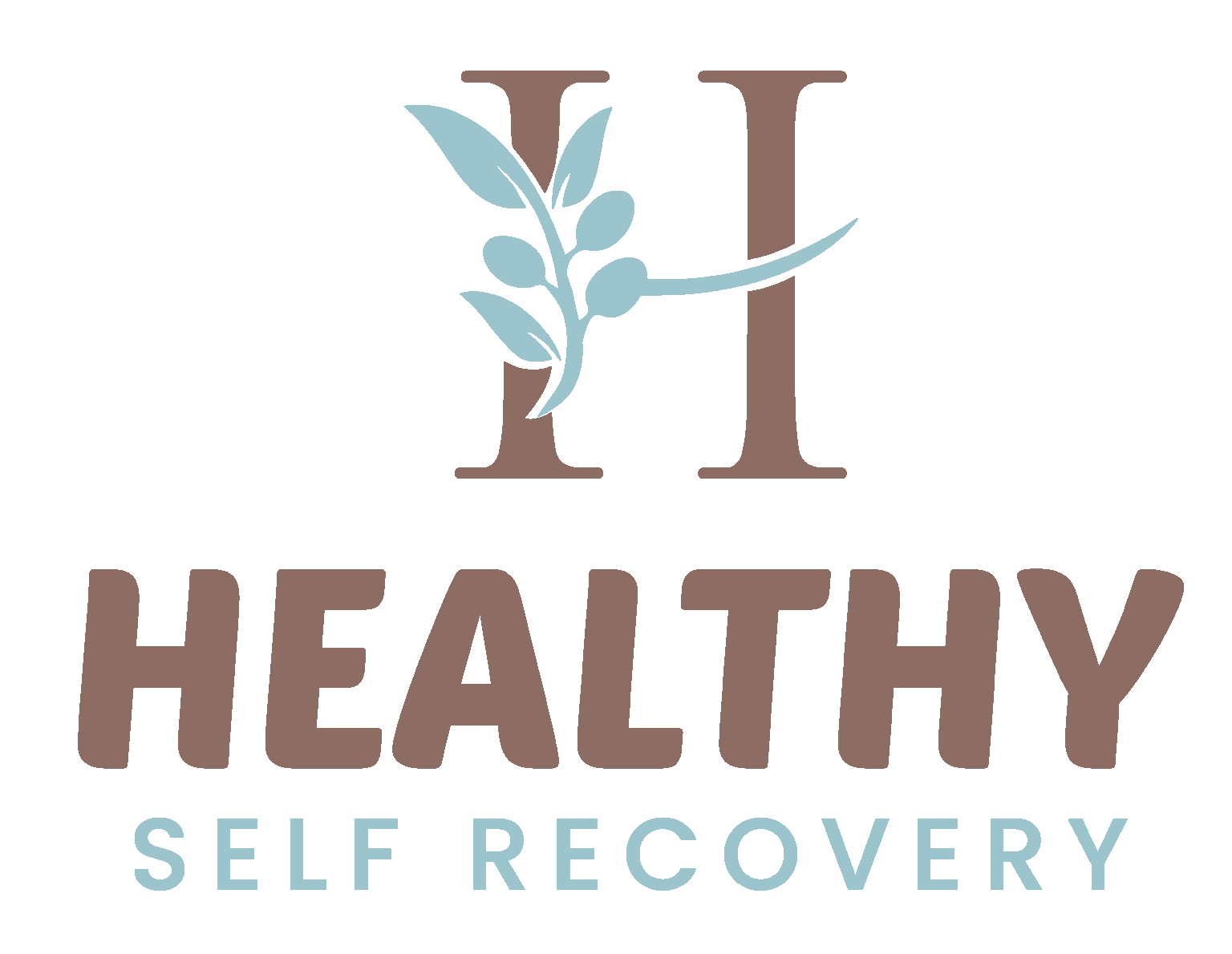We are all born with an inherent trust in our bodies. As babies and young children, we do not question our body’s wisdom. Young children eat when they are hungry, stopping when they are satisfied, resting when they are tired. Somewhere along the way, diet culture, fat phobia, and societal pressures start to seep in. Our society is awash with pressures that emphasize external control, such as calorie counting and manipulating one’s weight to adhere to a thin ideal. All of this makes many people deeply skeptical of their body’s own wisdom.
When someone suffers from an eating disorder, this disconnect between mind and body becomes even bigger. In order to appease the eating disorder and its rules, hunger, fullness, and tiredness cues must be constantly suppressed and overridden, and the body is seen as something that needs constant managing.
Learning to trust your body is essential for healing your relationship with food after an eating disorder. Eating Disorder Recovery Coaching in England involves honoring your body’s needs and recognizing its innate signals as legitimate and worthy of respect.

Why Rebuilding Body Trust Matters
Rebuilding body trust does not happen overnight. It takes time, patience, and self-compassion. After living with an eating disorder, this can feel overwhelming. Years marked by restrictive eating, excessive exercising, or binge eating can dull or confuse the body’s signals, and most people with an eating disorder are very frightened of their body’s natural set point.
Body trust is a mutual process. During an eating disorder, ignoring your body’s signals erodes that trust. Recovery rebuilds this two-way relationship—by providing consistent nourishment, your body learns to trust you as you learn to trust it.
The start to rebuilding mutual trust is regular eating.
Regular eating, sometimes referred to as mechanical eating, is a structured eating plan where three daily meals and three snacks are scheduled by the clock, ensuring you eat every few hours.
Why Regular Eating?
- After a prolonged period of restriction, malnutrition, or bingeing, the body’s hunger and fullness cues are either simply not available or challenging to tap into. Having a framework to follow takes away the anxiety of knowing when to eat.
- One of the best ways for hunger and fullness signals to regulate and normalise is by consistent, regular, and adequate eating.
- In addition, regular eating stabilises blood sugars and provides consistent energy, which means someone is less likely to engage in disordered behaviours.
- Regular eating is also extremely helpful in improving digestive issues ( which are very common in people who suffer from eating disorders)
- Regular eating helps speed up your metabolism. Restriction, bingeing, and irregular eating slow your metabolism and put your body into energy-saving mode. Regular eating makes it more efficient, allowing you to have more energy.
- Regular eating is the foundation for being able to eat intuitively

How a Recovery Coach Can Help You Rebuild Body Trust
Working with an eating disorder recovery coach is key to finding support, encouragement, and accountability. This guidance helps you rebuild trust in your body.
Reconnecting With Your Body’s Signals
A coach will teach you how to tune into your body’s signals. After a period of consistent eating, hunger and fullness cues start to return. They are no longer dulled, making it easier to reconnect with your body’s natural rhythms. Your coach helps you pay attention to these signals. They guide you in noticing how hungry, full, or satisfied you feel after each meal.
Honoring Your Hunger
A coach also helps you honor your hunger. During recovery, it’s common to feel very hungry—or even experience extreme hunger. For someone with an eating disorder, this can feel scary. Your coach will normalize the experience. They explain what your body needs and encourage you to respond to hunger promptly. You learn to eat until you feel satisfied.
Learning to Eat to Satisfaction
A coach will help you eat to satisfaction. Many people try to stick to low-calorie foods, cut carbs or fats, or fill up on liquids. This approach may seem safe, but it often leaves you feeling tired, bloated, and unsatisfied. It can also increase the risk of eating disorder behaviors. Your coach helps you see the value of balanced meals that include all food groups.
Navigating Cravings Without Guilt
A coach also helps you handle cravings. Cravings often focus on foods that were restricted in the past. This can feel scary, but it is important to honor them. Your coach will reframe negative thoughts about cravings. They encourage you to allow yourself these foods without guilt. Cravings are not a sign of weakness or failure. They are your body’s way of asking for what it needs.
Facing Fear Foods With Support
A coach works with you to face “fear foods.” Learning to trust that your body can cope with all foods is vital for recovery. Your coach guides you through a structured exposure process. This helps you reduce fear, build confidence, and develop trust in your body.
Staying Committed in a Diet Culture World
Regular eating often clashes with diet culture and social media trends, like intermittent fasting. Your coach offers encouragement and reminds you to focus on your own needs. They support you in staying committed to recovery, even when outside messages say otherwise.
The Importance of Body Trust for Recovery
Trusting your body is crucial for long-term recovery. When you trust your body and listen to its needs, you’re more likely to have a balanced, neutral relationship with food.
If you are ready to take the next step in rebuilding trust with your body and identity and want personalized support on your journey, reach out to Healthy Self Recovery. Together, we can work towards a more peaceful and balanced relationship with food and your body.

Rebuild Body Trust With Eating Disorder Recovery Coaching in England and the UK
If you’re ready to stop battling your body and start rebuilding trust, eating disorder recovery coaching in England can guide you toward lasting change. With compassionate support and structured guidance, you’ll learn to listen to your body’s needs and restore balance in your relationship with food. At Healthy Self Recovery, we’re here to walk alongside you as you take this next step in healing. Follow these three simple steps to get started:
- Reach out to book a free discovery call
- Begin working with a compassionate eating disorder recovery coach
- Start rebuidling body trust after an eating disorder!
Additional Services Offered at Healthy Self Recovery
At Healthy Self Recovery, I provide eating disorder recovery coaching designed to help you rebuild body trust after the challenges of an eating disorder. Together, we’ll work on reconnecting with your body’s natural signals, building confidence around food, and creating approaches that feel both practical and empowering. My coaching blends compassion, evidence-based tools, and personal insight to support you every step of the way.
During our sessions, we’ll look at the thoughts, feelings, and physical experiences that drive disordered eating. We’ll focus on easing urges, managing strong hunger cues, and developing strategies that reduce fear and overwhelm. Between sessions, you’ll have access to text support for added encouragement and accountability. For deeper guidance, I also offer supportive eating sessions in a safe, non-judgmental environment, and I collaborate with your wider care team to ensure your recovery is consistent and holistic.
I work with clients online throughout the UK—including England, Scotland, Wales, and Ireland—as well as with individuals around the world. Together, we’ll create a recovery path that respects your body, strengthens self-compassion, and helps you foster a more peaceful, balanced relationship with food.








